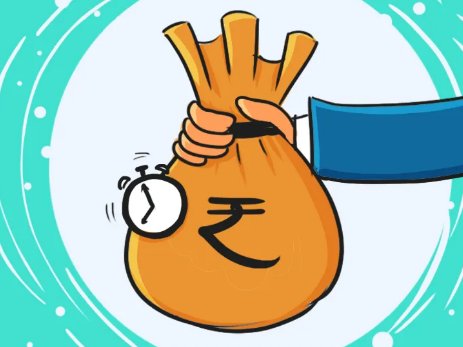New Delhi: A number of companies from Switzerland including chocolate maker Barry Callebaut Group, and technology group Bühler are interested in investing in India, Swiss State Secretary for Economic Affairs Helene Budliger has said.
Budliger said HESS Green Mobility intends to manufacture around 3,000 electric buses in India by 2025, equating to an investment of $110 million over the next six to eight years.
Chocolate maker Barry Callebaut Group is set to make its third manufacturing facility in India operational by 2024, bringing its investment in India over the past five years to more than $50 million, she said in an email interview to PTI.
Similarly, the Swiss technology group Bühler intends to invest an additional $23 million over the next two to three years to mark the 30th anniversary of Bühler India.
“We are aware of numerous Swiss companies interested in investing in India. There are too many to list all of them here, but we are happy to share some examples … There are many small Swiss companies that are interested in entering the market,” she added.
India and the four-nation European bloc EFTA March 10 signed a trade pact – Trade and Economic Partnership Agreement (TEPA) – under which, New Delhi received an investment commitment of $100 billion in 15 years from the grouping, while allowing several products such as Swiss watches, chocolates and cut and polished diamonds at lower or zero duties.
The European Free Trade Association (EFTA) members are Iceland, Liechtenstein, Norway, and Switzerland.
The Swiss State Secretary for Economic Affairs said from the Switzerland perspective, almost all sectors of Swiss-Indian economic relations have a lot of potential, given the widespread untapped opportunities.
“Among the sectors with particularly high potential are transportation/railways, precision industries (such as in medtech) and automation. Swiss companies will bring quality products and services to India, which meet the growing requirements of an economy that is rapidly upgrading itself,” she added.
She said that the agreement will increase awareness about trade and investment potential in all five countries and increase trade and investments.
“Furthermore, the agreement aims to create better-integrated and more resilient supply chains. By facilitating trade, it will allow businesses in EFTA countries and India to access each other’s markets more efficiently.
This integration can lead to increased trade flows and economic growth, in particular in areas where both sides have comparative advantages,” Budliger said.
As EFTA economies are highly specialized in niche areas, such as advanced technologies, she said, Norway and Iceland’s expertise in renewable technologies can support India’s transition to net-zero.
On trade in services, she said that India and the EFTA states have negotiated a comprehensive chapter on trade in services, supplemented by annexes on financial services, telecommunication services, maritime personnel, recognition of professional qualifications, and movement of professionals.
“Also of particular interest to Switzerland is India’s obligation to allow installers and maintainers to stay in the country for up to three months per year,” she said, adding in the area of distribution, India will allow access for single-brand retailing and franchising as well as for wholesale distribution.
Due to India’s great interest in an improved access for natural persons as service suppliers (Mode 4) and the well-trained workforce in India, Switzerland was prepared to offer India the best level of commitment it has ever offered to a negotiating partner.
“For example, Switzerland has for the first time in a free trade agreement, offered commitments to Independent Professionals (IP). In addition, family reunification for ICT (intra-corporate transferees) is included for the first time,” she said.
Further she said that when it comes to export promotion, engaging in economic missions, business roundtables or roadshows would help Indian companies in enhancing their comprehension of the EFTA market and identifying suitable partners to offer their products and services.
It would take around a year for the TEPA to come into force.
India-EFTA two-way trade was $18.65 billion in 2022-23 (of this, $17.14 billion with Switzerland) compared to $27.23 billion in 2021-22.
The trade deficit was $14.8 billion in the last fiscal.
India has received about $10 billion in foreign direct investments (FDI) from Switzerland between April 2000 and December 2023.
The FDI inflow was $721.52 million from Norway, $29.26 million from Iceland and $105.22 million from Liechtenstein during the period.
According to the agreement, India will have the option of temporarily withdrawing customs duty concessions on EFTA country goods under the trade agreement between the two sides, if the four European nation blocs would not fulfil its $100 billion investment obligations.
Though the investments have to flow in 15 years — $50 billion in the first 10 years (counted after implementation of the pact) and another $5 billion in next five years, the trade deal also provides for a three-year grace period to the EFTA bloc to meet the obligations, according to the documents accompanying the agreement.
PTI
